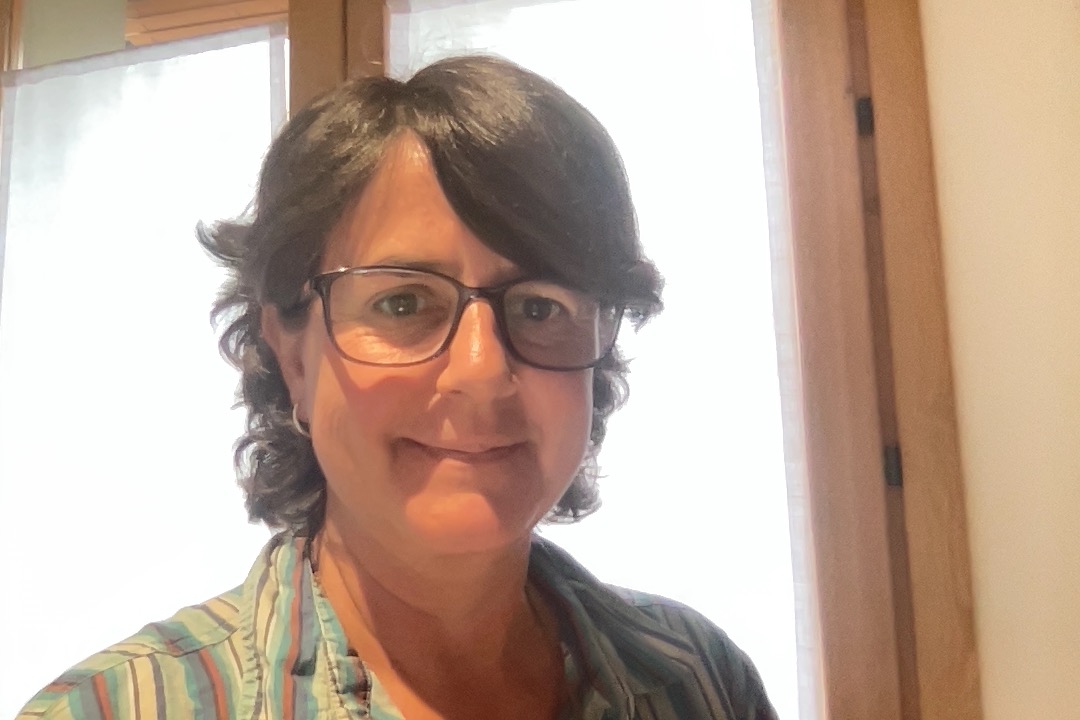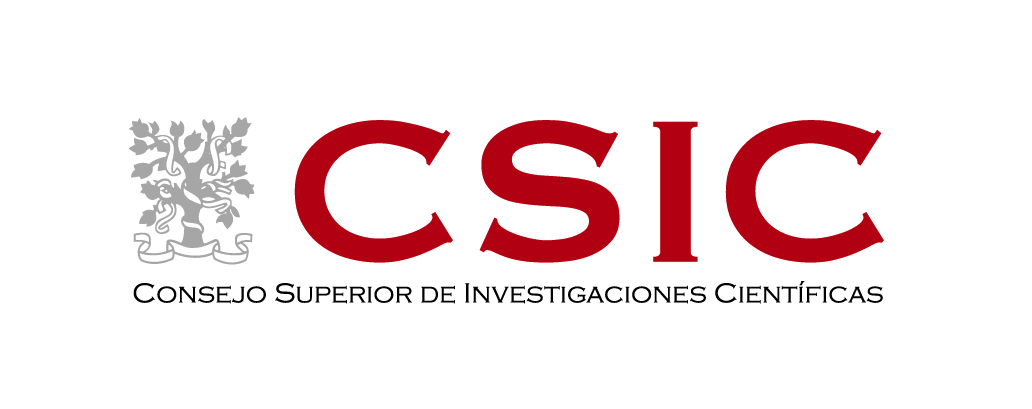Mar Albà (IMIM): "La recerca té sentit sobretot si la pots compartir amb un equip"
Entrevistem la investigadora Mar Albà amb motiu de la seva visita a l'Institut de Biologia Evolutiva (IBE) per impartir el seminari "Evolutionary innovation by de novo gene birth".

Parlem sobre com vas arribar al món de la recerca. Sempre has sentit interès per la ciència? Quines coses et despertaven curiositat quan eres petita?
De petita ja m’interessava la ciència, sobretot la biologia, la geologia i les matemàtiques. El meu pare ens portava a la muntanya i mentre pujàvem als llacs ell filmava papallones o flors, era una forma de col.leccionar-les. Després vaig començar a llegir pel meu compte coses com els Durrell, Darwin, la teoria de les plaques tectòniques.. el que m’anava caient a les mans. Quan vaig començar la carrera de biologia a la Universitat de Barcelona ja tenia clar que volia investigar.
Què és el que més gaudeixes de la recerca i el més difícil de la vida al laboratori?
La recerca és emocionant quan veus una cosa nova, estranya al principi, i després li acabes buscant possibles explicacions i pensant manera de comprovar-ho. Per mi té sobretot sentit si ho pots compartir amb altres persones, en un equip. Per altra banda el més difícil es no tenir un finançament estable per poder planificar millor les despeses.
La recerca és emocionant quan veus una cosa nova, estranya al principi, i després li acabes buscant possibles explicacions.
La recerca és una feina que requereix temps però tot i això el propi sistema científic exerceix la pressió per la publicació d'articles científics. Com gestiones aquest dilema al teu grup?
Doncs si que ens passa a vegades que tenim massa pressa per escriure, passa el temps i tothom necessita els articles per la pròxima beca o el pròxim projecte. Però també està bé escriure d’una forma sostinguda, perquè es una manera de reflexionar sobre la feina, vista des de fora, i ajuda a progressar. Potser abans es publicava menys però hi havia més correspondència entre els científics.
En els darrers anys, la comunitat científica ha pres consciència del biaix de gènere que afecta especialment les posicions de més responsabilitat al món de l'acadèmia (sostre de vidre). Com a investigadora al davant d'un grup de recerca fa més de 20 anys, quina ha estat la teva experiència? Alguna vegada t'has sentit discriminada per motius de gènere o has sentit la presència del "sostre de vidre"?
Si, he sentit comentaris discriminatoris i en general una actitud paternalista, sobretot a l’inici de l’etapa com a investigadora independent. Sovint no es promociona de la mateixa manera a les dones que als homes i, és clar, això al final repercuteix en que no arribin a certes posicions. Hem de canviar "el xip".
Sovint no es promociona de la mateixa manera a les dones que als homes i això al final repercuteix en que no arribin a certes posicions.
Què aconsellaries als i les joves que es plantegen una carrera en el món de la recerca?
Que si ho tenen clar endavant, i que s'hi posin a fons!
Breu Bio
Mar Albà es va llicenciar en Ciències Biològiques a la Universitat de Barcelona (UB) i es va doctorar a la mateixa Universitat el 1997. Durant el 1997-1999 va estudiar el màster en bioinformàtica i modelatge molecular al Birkbeck College mentre treballava com a investigadora postdoctoral al grup de John Hancock al MRC Clinical Research Center, a Londres. Més tard, es va unir al grup dirigit per Paul Kellam a l'University College de Londres per desenvolupar noves eines computacionals per estudiar l'evolució i la funció dels virus. Va ser guardonada amb una plaça Ramón y Cajal el 2002 per treballar a la Universitat Pompeu Fabra (UPF). El 2005 va ser nomenada Professora de Recerca ICREA. Treballa a l’Institut de Recerca Hospital del Mar (IMIM) i imparteix classes de bioinformàtica a la Universitat Pompeu Fabra. Ha dirigit 11 tesis doctorals i és autora de més de 85 publicacions.
Interessos de recerca
Mar Albà lidera el grup de Genòmica Evolutiva del programa de Recerca en Informàtica Biomèdica (GRIB, IMIM-UPF). Al llarg dels anys el grup ha treballat en diverses qüestions relacionades amb la biologia computacional i l’evolució, incloent l’estudi de les regions reguladores de l’expressió gènica, l’evolució de les seqüències repetitives d’aminoàcids, les dinàmiques evolutives dels gens duplicats, el desenvolupament de mètodes per caracteritzar l’efecte de la selecció natural i l’estudi dels canvis en l’expressió gènica durant la hibernació en lèmurs. També s’ha treballat de forma molt intensa en l’estudi de gens formats de novo a partir de regions no codificants del genoma. El grup utilitza tècniques de seqüenciació massiva com el ribosome profiling i la seqüenciació directa de mRNAs mitjançant Nanopore.


